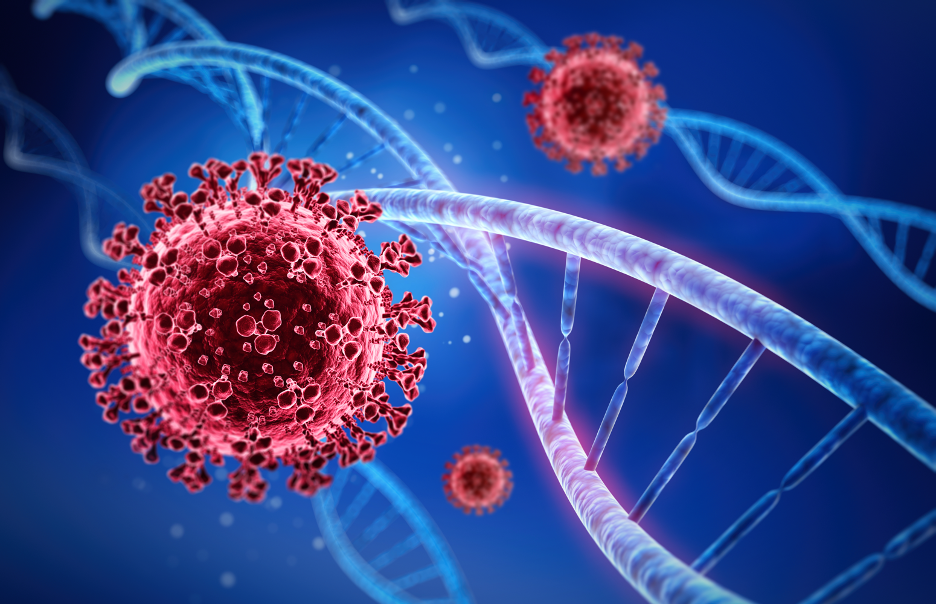The world has been fighting the novel coronavirus (COVID-19) pandemic for a few years now. As scientists and medical professionals work diligently to find ways to contain the virus, one of the most promising solutions is the development of vaccines that help slow down the transmission of the virus and protect people from severe illness.
With several vaccine candidates currently available, one question that continues to come up again and again is: can these vaccines alter your DNA?
This COVID vaccine clinic in Northwest Indiana explores this question and discusses key facts people should know about the vaccine.
The COVID-19 Vaccine Does Not Alter Your DNA
Vaccines do not alter our DNA, nor do they modify an individual’s genetic code. Instead, vaccines work by introducing a weakened or inactivated form of the virus into our bodies.
When this happens, the body’s immune system recognizes it as foreign and responds to it by producing antibodies — proteins that recognize and fight off the virus.
In the case of the COVID vaccine, these antibodies remain in our bodies long after the vaccine has been administered and provide protection against future infections from the virus.
This is why it is important to get vaccinated regularly. It helps to ensure that your body continues to produce enough antibodies and maintains immunity even when you are exposed to the virus again.
How Is the COVID Vaccine Made?
The COVID-19 vaccine is made from a piece of genetic material called messenger RNA, or mRNA. This mRNA contains instructions for our cells on how to make a harmless protein that looks like the virus and triggers an immune response.
When an individual receives the COVID-19 vaccine, the mRNA is injected into their body, and it teaches their cells to make the harmless protein to build immunity against future infections.
What Are the Potential Risks of the COVID Vaccine?
Although there have been some reports of minor side effects associated with receiving the COVID-19 vaccine — such as pain at injection site, fever, muscle aches and nausea — these are generally mild and temporary.
More serious side effects, such as an allergic reaction, are rare but can happen. It is important to consult with a medical professional before visiting a COVID vaccine clinic if you have any underlying health conditions or allergies that could put you at risk of experiencing more severe side effects.
Overall, while there may be some risks associated with receiving the COVID-19 vaccine, these risks are far outweighed by the potential benefits it offers in terms of preventing transmission and protecting us from serious illness.
Why Is There Misinformation Surrounding the COVID-19 Vaccine?
It is important to note that there has been a lot of misinformation surrounding the COVID-19 vaccine, which can make it difficult to know what is true and what is not.
This misinformation often comes from sources without scientific expertise or reliable facts, resulting in false claims about the safety and effectiveness of the vaccine.
It is important to be aware of this type of information and always consult reliable sources when researching any potential medical treatments for yourself or your family.
Should You Get Vaccinated?
Ultimately, the decision of whether to get vaccinated should be made by the individual after consulting with their doctor and looking at both the risks and benefits associated with receiving the vaccine.
It is important to remember that vaccines are one of the most powerful tools we have in fighting infectious diseases like COVID-19, and they can help protect us from serious illness and save lives.
For these reasons, medical experts recommended that everyone who is eligible for the COVID-19 vaccine consider taking it to protect themselves and their communities against this highly contagious virus.
Looking for a COVID Vaccine Clinic in Northwest Indiana?
Are you ready to visit a COVID vaccine clinic in Northwest Indiana to receive a vaccination? If so, look no further than 219 Health Network. We offer a variety of convenient vaccination to help protect individuals against COVID-19.
Contact us today at 833-219-0001 to schedule an appointment.


